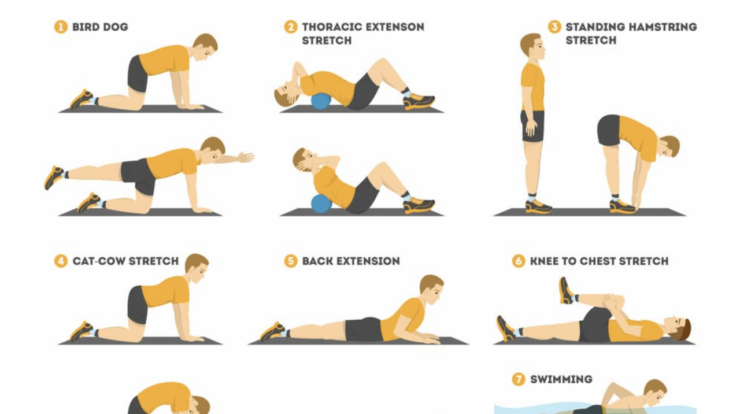
Wrap meaning, a multifaceted concept that encompasses a spectrum of definitions and interpretations, takes center stage in this comprehensive exploration. From its etymological roots to its cultural significance, this article delves into the intricacies of the word “wrap,” unraveling its nuances and shedding light on its myriad applications.
As a verb, “wrap” denotes the act of covering or enclosing something, while as a noun, it refers to a covering or wrapper. Its adjectival form describes something that is wrapped or enclosed. Beyond its literal interpretations, “wrap” also carries figurative and metaphorical meanings, often employed to convey abstract ideas and emotions.
Etymology and Origin

The word “wrap” has a rich etymological history, originating from the Old English word “wreppan,” meaning “to cover” or “to envelop.” This term is further derived from the Proto-Germanic root “wrappjan,” which also appears in other Germanic languages, such as German “raffen” (to grab) and Swedish “rapa” (to wrap).
Definitions and Meanings: Wrap Meaning
In contemporary English, “wrap” carries a broad range of meanings. As a verb, it primarily refers to the act of covering or enveloping something, as in “to wrap a gift in paper” or “to wrap a scarf around one’s neck.”
It can also imply a sense of protection or concealment, as in “to wrap oneself in a blanket” or “to wrap up a secret.”
Usage in Language
As a Verb
- The transitive form of “wrap” requires an object, such as “to wrap a package” or “to wrap a baby in a blanket.”
- The intransitive form of “wrap” implies self-coverage, as in “to wrap oneself in a towel” or “to wrap up for the night.”
As a Noun
- As a noun, “wrap” refers to the material or covering used to wrap something, such as “a gift wrap” or “a wrap for a broken arm.”
As an Adjective, Wrap meaning
- In its adjectival form, “wrap” describes something that is wrapped or enveloped, as in “a wrap dress” or “a wrap-around porch.”
Cultural Significance
Wrapping plays a significant role in various cultures worldwide. In Japan, for instance, the art of wrapping gifts, known as “tsutsumi,” is considered a form of respect and artistry. In many cultures, wraps are used as ceremonial garments, such as the wrap-around sarong in Southeast Asia or the kilt in Scotland.
Synonyms and Antonyms

Synonyms
- Cover
- Envelop
- Cloak
Antonyms
- Unwrap
- Uncover
- Expose
Related Concepts
- Cover:Refers to the act of placing something over another to protect or conceal it.
- Envelope:A paper container used to enclose and protect a letter or other document.
- Conceal:To hide or keep something secret.
Visual Representations
| Image | Description |
|---|---|
 |
A gift wrapped in festive paper with a bow. |
 |
A person wearing a wrap dress that ties at the waist. |
 |
A bandage wrapped around an arm to provide support and protection. |
Figurative and Metaphorical Uses
Beyond its literal meaning, “wrap” is also used figuratively and metaphorically. For instance, it can refer to the act of completing or concluding something, as in “to wrap up a project” or “to wrap up a conversation.” It can also imply a sense of protection or security, as in “to wrap someone in love” or “to wrap oneself in a sense of comfort.”
Ending Remarks
In conclusion, wrap meaning encompasses a diverse range of definitions and interpretations, reflecting its versatility and adaptability. Its cultural significance, synonymous relationships, and related concepts further enrich its tapestry of meaning. Whether employed literally or figuratively, “wrap” remains a powerful word, capable of conveying a multitude of ideas and emotions.
General Inquiries
What is the origin of the word “wrap”?
The word “wrap” traces its roots back to the Old English word “wreppan,” meaning “to cover or fold.”
What are some common synonyms for “wrap”?
Synonyms for “wrap” include “cover,” “envelope,” “conceal,” and “swathe.”
How is “wrap” used figuratively?
“Wrap” can be used figuratively to convey ideas such as protection, concealment, or emotional comfort.





